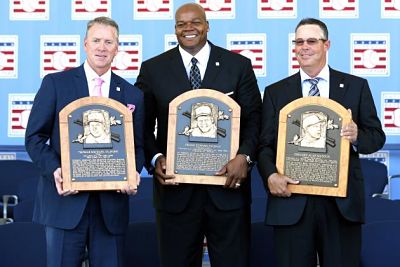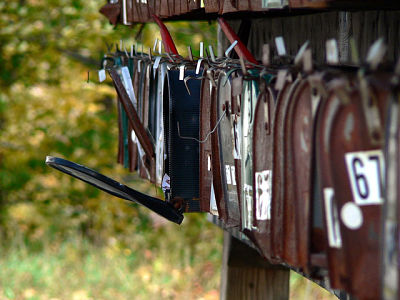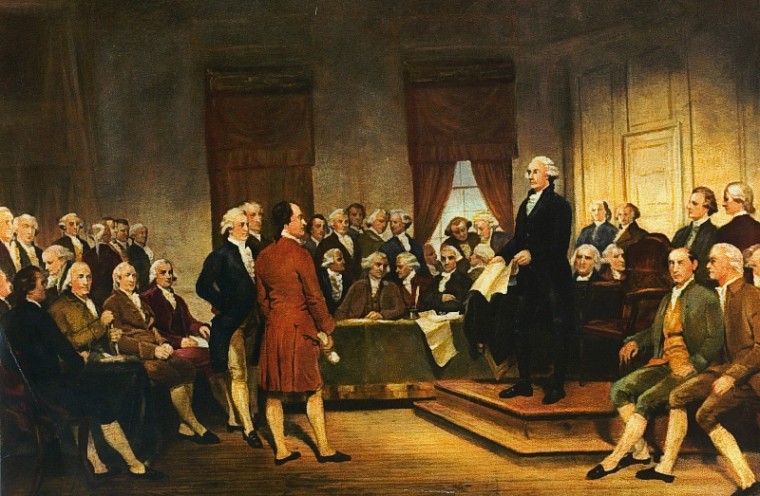Faculty don’t listen. They don’t follow directions. You’ll have better luck herding cats. Many staff and administrators assume that faculty members have little concern for instructions or administrative direction. While that is sometimes the case, this assumption can often lead to unnecessary problems.

For anyone in administration, I want to encourage you to not assume faculty are like herding cats.
I have often told the following story when I teach faculty and academic governance. I think it epitomizes the problems when you assume faculty won’t follow direction.





